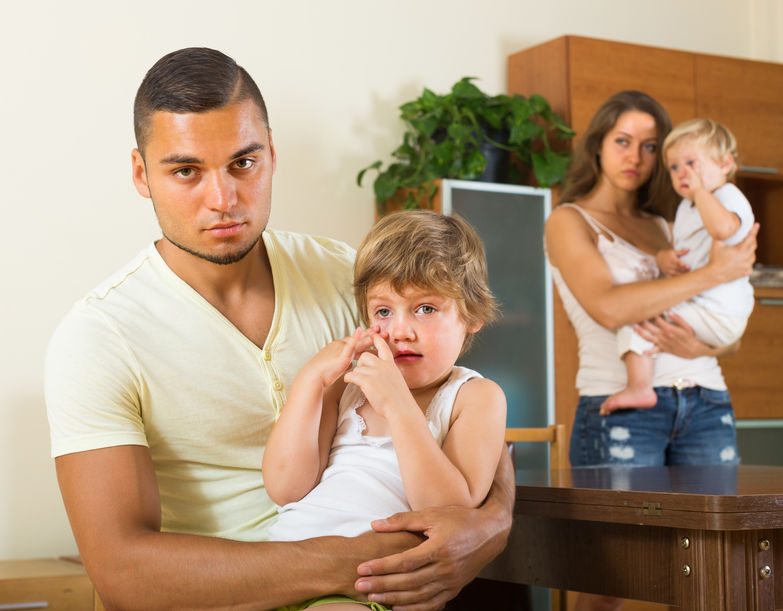 You’ve spent thousands of dollars on lawyer’s fees to settle your divorce. You’re finally free – now you can move on with your life. Unfortunately, that isn’t always the case when there are children involved. You have consciously uncoupled yourself from your toxic ex, but now you have the massive task of co-parenting with them. All you want to do is move on, keep your children secure, safe, and happy… but you can’t. Often, toxic ex-partners may sow seeds of doubt in the minds of your children and turn them against you- whether this is done overtly or not. It isn’t easy to co-parent with a toxic ex, but there are ways you can handle it.
You’ve spent thousands of dollars on lawyer’s fees to settle your divorce. You’re finally free – now you can move on with your life. Unfortunately, that isn’t always the case when there are children involved. You have consciously uncoupled yourself from your toxic ex, but now you have the massive task of co-parenting with them. All you want to do is move on, keep your children secure, safe, and happy… but you can’t. Often, toxic ex-partners may sow seeds of doubt in the minds of your children and turn them against you- whether this is done overtly or not. It isn’t easy to co-parent with a toxic ex, but there are ways you can handle it.
Handling Your Ex
- Don’t give into temptation when it comes to speaking negatively about your ex in front of or to your children. You may be trying to process anger and hurt, but your children shouldn’t have to see that emotional pain. Your focus should be on providing your children with security, safety, and a healthy environment.
- You should never make your child feel guilty about spending time with the other parent. Every child deserves to have a relationship with both parents. So, you have to behave and speak to that other parent in a way that supports that, even if you don’t feel like it. You shouldn’t shy away from communicating with that person about your children.
- When you make decisions about the children you have to consider the other parent. As difficult as it may be, you have to take their opinion into consideration where necessary. If you have shared custody, then they have the same say you do.
- You should identify what typically triggers a negative reaction from your toxic ex. When you know what it is that upsets them, you can work around it.
Parenting
- You don’t want your children to feel as though they have to choose sides. That means that you have to create a partnership with your toxic ex. It will be difficult, but you have to stop seeing them as the partner who hurt you and simply see them as the co-parent of your child. How they behaved in a relationship with you does not mean they are a bad parent. So, you should reassure your children that you still love each other because you love them.
- You do not need to provide your children with a detailed reason for your breakup. It’s normal for children to question it, but you don’t need to tell them you were cheated on or anything else. It’s simple – you answer their questions, but you never assign blame.
- You should always encourage the relationship between your children and their other parent. It’s a confusing time for everyone, but they need to know that this situation won’t change how you love them or how your toxic ex loves them. Don’t interfere, encourage.
